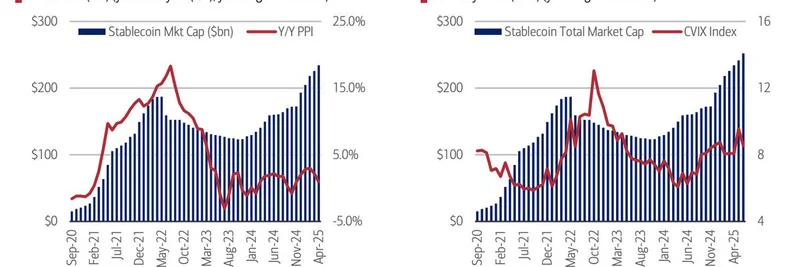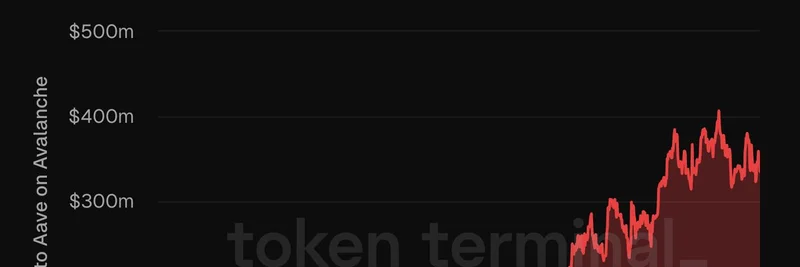Pi Network has been making waves in the crypto world since its launch back in 2019, and its co-founder Chengdiao Fan just dropped some fascinating insights at this year's TOKEN2049 conference in Singapore. If you're not familiar, TOKEN2049 is one of the biggest events in the blockchain space, drawing over 20,000 attendees. Fan's keynote, titled "Crypto's Future: From Liquidity to Utility - Web3 Pathways to Innovation," lasted about 15 minutes but packed a punch with ideas on how blockchain can tackle challenges posed by AI and drive real-world value.
What is Pi Network Anyway?
For those new to the scene, Pi Network is a layer-one blockchain project founded by Stanford PhD grads Nicolas Kokkalis and Chengdiao Fan. It's designed to be super accessible, especially for mobile users. Instead of energy-hungry proof-of-work mining like Bitcoin, Pi lets you "mine" coins right from your smartphone app with minimal battery drain. The goal? Make crypto available to the masses without needing fancy hardware. Fast forward to today, and Pi boasts over 60 million engaged users, with app downloads in the hundreds of millions. In February 2025, they launched their open mainnet, meaning the network is live and ready for real transactions.
Key Takeaways from Fan's Speech
Fan didn't just hype up Pi; she tied it into bigger picture stuff, like how AI is shaking up the economy. She pointed out that AI is making human labor less central to wealth creation—a trend that's been building since the Industrial Revolution. "If labor becomes irrelevant, what will be the metric that society uses to distribute our societal wealth?" Fan asked. Her answer? Blockchain. It's a scalable, transparent system for redistributing value fairly.
She critiqued a lot of current DeFi (decentralized finance) projects for focusing too much on extracting value rather than creating it. Think of it like this: many DeFi apps are great at moving money around but not so much at building new stuff. Fan wants to flip that script by integrating AI with blockchain. For example, tokenizing data so people can monetize their info, or using AI to evaluate contributions in a community.
Pi's Tools for the Future
Pi isn't just talk—they've built some cool features to back this up. First off, there's their native KYC (Know Your Customer) system, which verifies user identities across most countries. This is huge for bringing real-world assets on-chain because it solves the "who owns what" problem. Fan explained, "For real-world assets really moving on chain, the first problem that needs to be solved is ownership: who owns what, and who transfers what to another?"
Then there's App Studio, a platform where even non-techies can build and deploy apps. It connects to Pi's massive social network, letting users run AI-powered online businesses without relying on traditional jobs. Imagine creating a small e-commerce setup or content platform, all powered by AI, and earning directly through crypto.
On the DeFi side, Pi's rolling out tools like PiEx (a decentralized exchange), automated market makers, and liquidity pools—all on testnet right now. These are designed to educate and empower their 60 million users, turning them into active participants rather than just speculators.
Why This Matters for Meme Token Enthusiasts
You might be wondering how this fits into the meme token world. Well, Pi has that viral, community-driven vibe that's at the heart of many successful memes. With its huge user base mining from phones, it's got that grassroots energy similar to early Dogecoin or Shiba Inu. But Pi's pushing beyond memes into utility, showing how community projects can evolve. Fan warned about the pitfalls of easy money in memecoins: "Value creation is always harder than value extraction." It's a reminder that while memes are fun, building real tools could lead to longer-term success.
Looking Ahead
Fan sees a "short historical window" where AI tech is advancing fast, but apps are still catching up. Pi's inviting developers to build on their platform, using that user base for testing and feedback. If you're into blockchain or memes, keep an eye on Pi's mainnet developments and AI integrations—they could set a new standard for mass adoption.
For more details, check out the original coverage on BSC News. What do you think—will Pi lead the charge in blending AI and crypto? Drop your thoughts in the comments!


